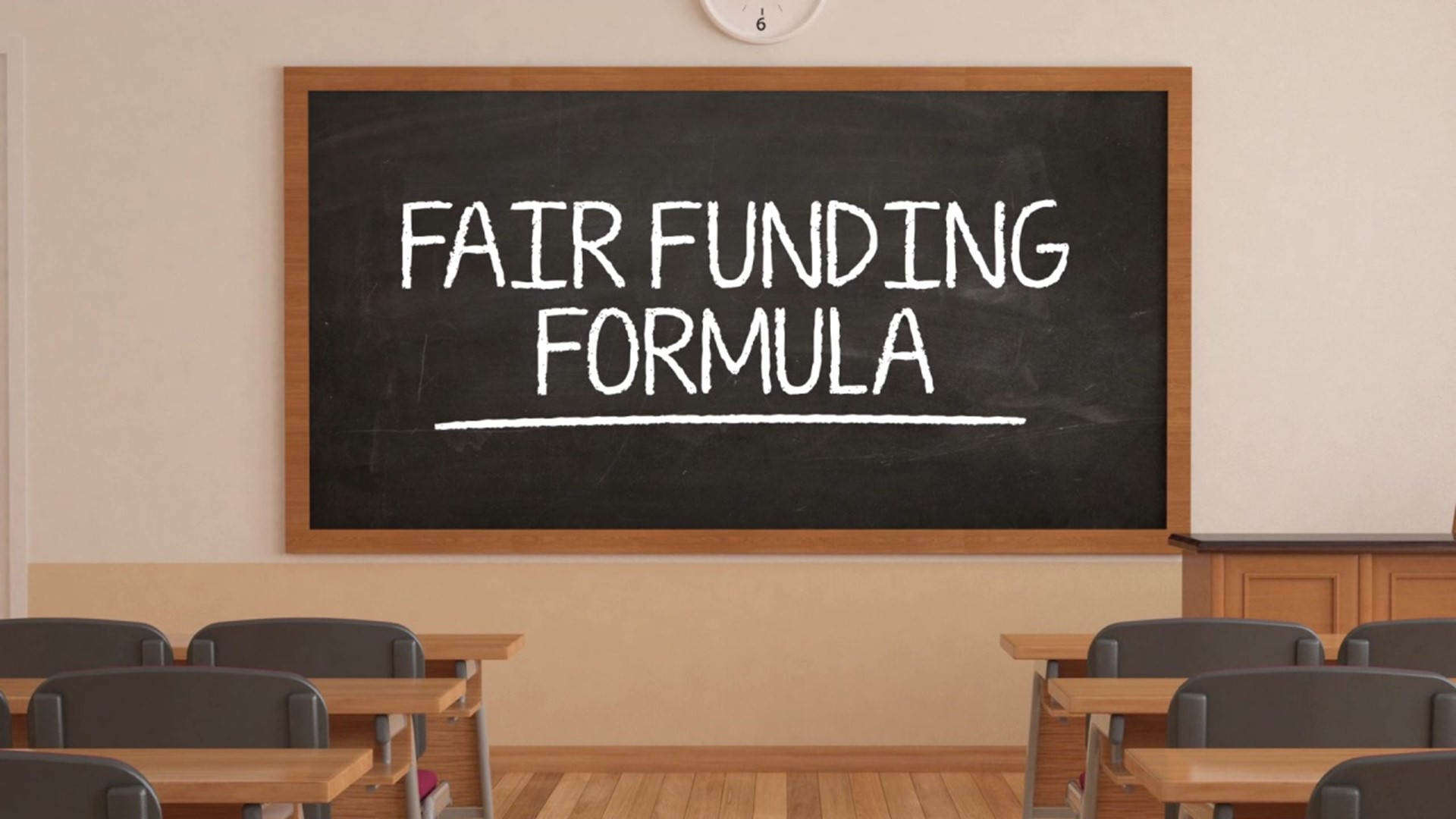PENNSYLVANIA, USA — Last year, the state's Commonwealth Court ruled that the way Harrisburg divvies up its education funding is unconstitutional. So, a commission of lawmakers has spent the last several months coming up with a plan to fix the school funding formula.
That work came to an end Thursday when the commission voted on a plan, but the way that meeting ended shows how enacting real change could be a challenge.
A commission made up of Democrats and Republicans, along with representatives from Governor Shapiro's office, was given the assignment of coming up with a plan to fix school funding.
At a meeting this week at the State Capitol, members of the commission voted along party lines between two plans. The plan supported by Democrats won.
Republican Senator Dave Argall is the only member from our area. He says the two parties agreed on a lot, including an investment in school facilities across the state and tweaking the current funding formula.
"Some school districts have complained, and rightly so, and this gets complicated. Some years, they get a little bit more, some years, they get a little bit less. We thought that by smoothing out the formula, it provides more predictability. Everybody agreed to that," said Sen. Dave Argall, (R) 29th District.
What the parties did not agree on is how much more to fund schools. The Republican plan did not commit to additional dollars. The Democrat plan said extra money should be added to the education budget each year for the next seven years.
Some education advocates in the state say billions more dollars need to be invested to properly fund schools.
"What we didn't agree to, is some of the advocates wanted $7 billion right away. That would result in the greatest increase in either the state income tax or the state sales tax in history. And we just don't think our constituents sent us to Harrisburg to vote for the biggest tax increase in history," Sen. Argall said.
The plans voted on this week are not binding. The commission now has the difficult task of turning their suggestions into real legislation that can pass the Senate and Assembly.
And since the commission can't come together on a plan, that may prove to be difficult.
"If we're not voting on a bipartisan report today, I see little reason to compromise at this point," said Sen. Lindsey Williams, (D) 38th District in Allegheny County.
One of the lawmakers on the commission said that this is just the end of the beginning. There's still a long road ahead until we see any real reform in public education funding here in Pennsylvania.

